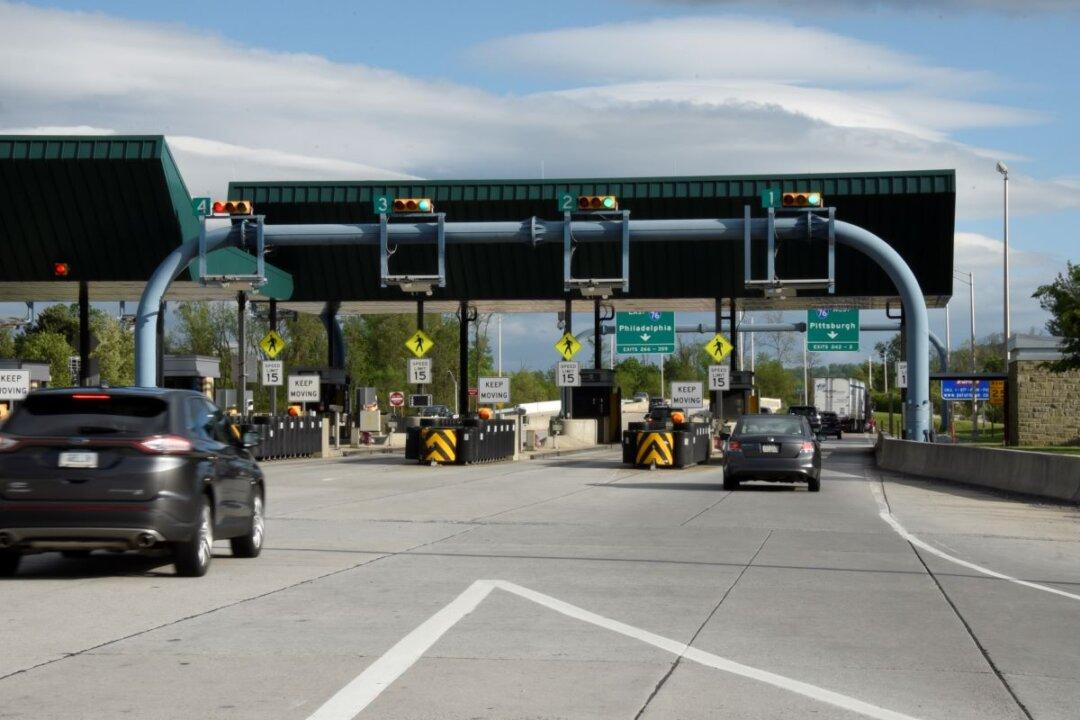More than $104 million in Pennsylvania Turnpike tolls went uncollected last year. Now Pennsylvania House Transportation Committee members are proposing a move to more quickly bring toll violators into compliance to help the debt-ridden turnpike.
Currently, toll violators are subject to a suspended vehicle registration if they have at least six unpaid tolls, or total unpaid tolls of at least $500, with a three-year statute of limitations. The suspension continues until a violator’s outstanding tolls are fully paid.





